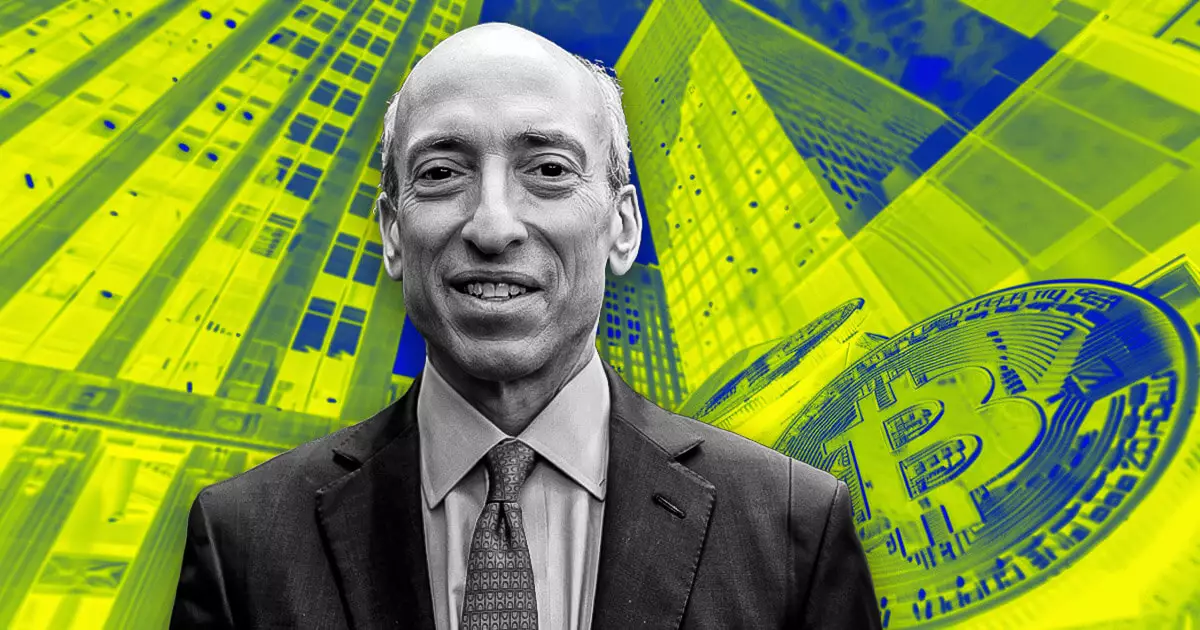US lawmaker Wiley Nickel has taken a stand against the Securities and Exchange Commission’s Staff Accounting Bulletin 121 (SAB 121), calling for its repeal. This regulation mandates that financial institutions holding crypto assets must include them on their balance sheets. While some argue that this rule stifles the growth of the crypto sector, President Joe Biden has made it clear that he would veto any attempt to overturn SAB 121. The administration’s stance on the matter is that the regulation is essential for protecting crypto investors. Despite this, the House of Representatives recently passed a resolution rejecting SAB 121, highlighting the growing bipartisan support for its repeal.
Concerns Over Custody Alternatives
In a letter to SEC Chair Gary Gensler, Nickel emphasized the need to withdraw SAB 121 in light of increasing bipartisan backing. He criticized the regulation for discouraging American banks from providing custody services for digital assets, pushing investors towards offshore alternatives. This shift not only limits the banking sector’s participation in crypto custody but also poses a potential concentration risk within the financial system. Nickel specifically highlighted the impact on newly introduced Bitcoin ETFs, noting that most issuers rely on a single non-bank entity due to the restrictions imposed by SAB 121.
Critique of the SEC’s Process
Beyond the implications for investors and banking institutions, Nickel also raised concerns about the SEC’s approach to implementing SAB 121. He criticized the Commission for bypassing the established rulemaking process, arguing that the Staff Accounting Bulletin was meant to clarify existing policies, not create new ones. By imposing restrictions on crypto custody without proper consultation or input from industry stakeholders, the SEC has drawn criticism for its perceived bias against the digital assets industry. Nickel’s assertion that the SEC’s actions are not aligned with President Biden’s goals underscores the broader implications of regulatory decisions on the cryptocurrency market.
Overall, the debate surrounding SAB 121 reflects the broader tensions between regulatory oversight and innovation in the crypto sector. While the SEC’s mandate to protect investors is crucial, lawmakers and industry experts argue that overly restrictive regulations could stifle growth and drive valuable business opportunities offshore. As the Senate prepares to weigh in on the fate of SAB 121, the outcome of this legislation will have far-reaching implications for the future of crypto custody in the United States.


Leave a Reply